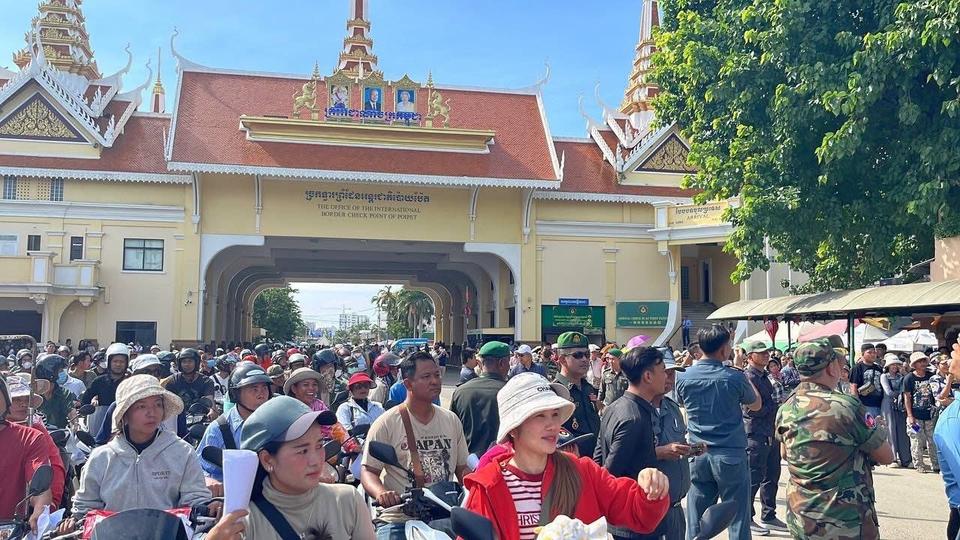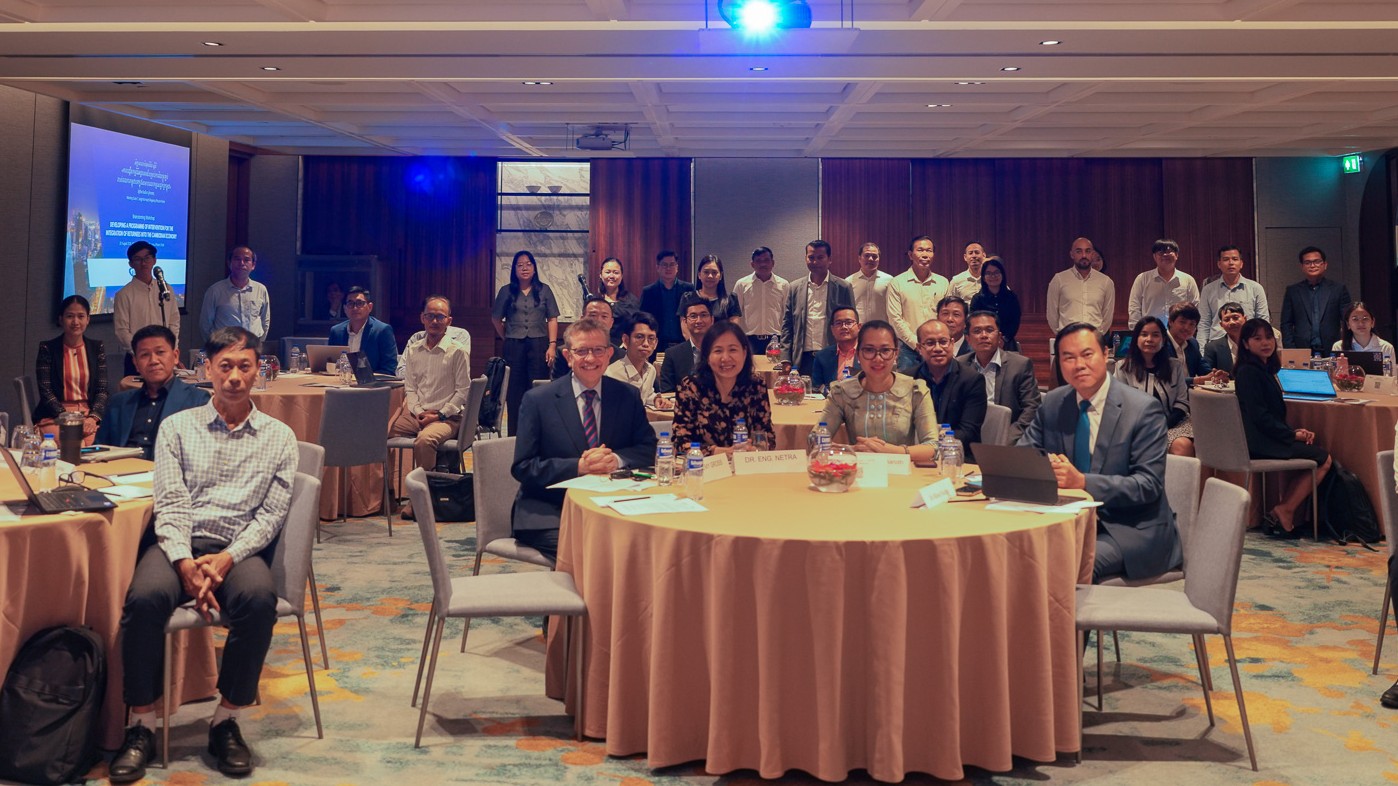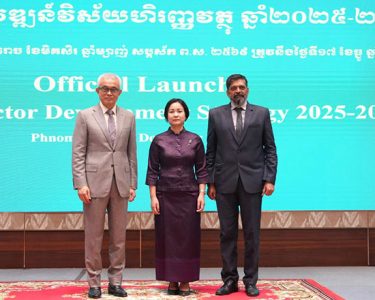Cambodia Investment Review
A new joint policy report by the Cambodia Development Resource Institute (CDRI) and the Economic Research Institute for ASEAN and East Asia (ERIA) has called for urgent action to create jobs, ease household debt, and expand SME and agro-processing sectors to reintegrate nearly one million Cambodians returning from Thailand.
The report, titled “Proposed Programme of Intervention to Integrate Cambodian Returnees into the Cambodian Economy,” outlines both immediate and medium-term policy recommendations designed to stabilise incomes, support vulnerable households, and accelerate industrial diversification. The recommendations build on close consultations with 19 government ministries, development partners, and the private sector.
Managing an Unprecedented Return of Workers
According to the report, around 910,000 Cambodians — nearly 10% of the national labour force — have returned home since July 2025 following the escalation of border tensions with Thailand. The majority are of working age (18–40 years old), with limited formal education and significant debt burdens.
Before returning, 42% of these workers were employed in construction, 15% in agriculture, and 12% in services, earning average remittances of about US$400 per month. With those earnings gone, household debt averaging US$5,000–8,000 from formal lenders and US$2,500 from informal sources has placed many families at risk of default.
Without swift intervention, the report warns, the poverty rate among returnee households could rise to 50%, underscoring the need for coordinated government measures.
Short-Term Policy Actions: Jobs, Cash Transfers, and Debt Relief
The report’s short-term (0–12 month) recommendations focus on income recovery, employment creation, and debt protection. A key proposal is the establishment of a Returnee Labour Database (RLD) managed by the Ministry of Labour and Vocational Training (MLVT) to register and profile returnees, linking them to job vacancies, training, and social protection systems.
Under the plan, vulnerable households identified through the Identification of Poor Households (IDPoor) database would receive cash transfers via mobile platforms such as Wing and ABA Pay, while the National Social Security Fund (NSSF) would extend temporary health and pension coverage.
The National Bank of Cambodia (NBC) has been urged to direct banks and microfinance institutions to reschedule repayments and suspend penalties, with the Credit Guarantee Corporation of Cambodia (CGCC) providing partial guarantees on restructured loans to prevent defaults.
The report also recommends a nationwide cash-for-work programme to create 200,000–300,000 short-term jobs in rural road repair, irrigation rehabilitation, and school construction, with a 40% female participation target. Wages would be paid digitally to promote transparency and financial inclusion.

Medium-Term Priorities: Agro-Processing, SMEs, and Industrial Diversification
Over the next one to three years, the report proposes shifting focus to self-employment and structural growth through targeted investment in agriculture, SMEs, and emerging industries.
In agriculture, the expansion of agro-processing capacity for cassava, cashew, mango, and rice is expected to generate up to 70,000 jobs. New starch and ethanol plants, cashew processing clusters, and mango drying facilities are planned in high-output provinces such as Battambang, Kampong Thom, and Banteay Meanchey.
The report also calls for a Returnee Enterprise Fund, providing grants of US$500–1,500 and CGCC-backed loans to help 50,000 returnees start small businesses. Complementary “micro-MBA” training in accounting, marketing, and e-commerce will be offered through provincial TVET centres, co-financed by the Skills Development Fund (SDF) under the Ministry of Economy and Finance (MEF).
To further diversify the economy, the Council for the Development of Cambodia (CDC) will prioritise foreign direct investment (FDI) in sectors such as electronics, auto-parts manufacturing, renewable energy, and logistics, with potential to create more than 250,000 jobs.
Building Infrastructure and Digital Systems
To support reintegration, the report recommends the construction of logistics and cold-chain hubs in Stung Bot and Poipet, expansion of affordable housing, and upgrades to health and education services in border provinces.
The RLD will evolve into a digital “skills passport” system to document workers’ experience and connect them with domestic and international employers. A multilingual grievance hotline and mobile app are also proposed to enhance worker protection and reporting of labour abuses.
Economic Impact and Policy Alignment
If fully implemented, the CDRI–ERIA programme could raise Cambodia’s GDP by nearly 10% over the medium term through employment generation, SME expansion, and debt stabilisation.
“While the mass return of workers poses short-term challenges, it also presents an opportunity to strengthen Cambodia’s economic resilience and accelerate diversification,” said Dr. Eng Netra, Executive Director of CDRI.
The policy recommendations align with the Royal Government of Cambodia’s Pentagonal Strategy Phase II, focusing on industrial transformation, digital inclusion, and sustainable job creation.





